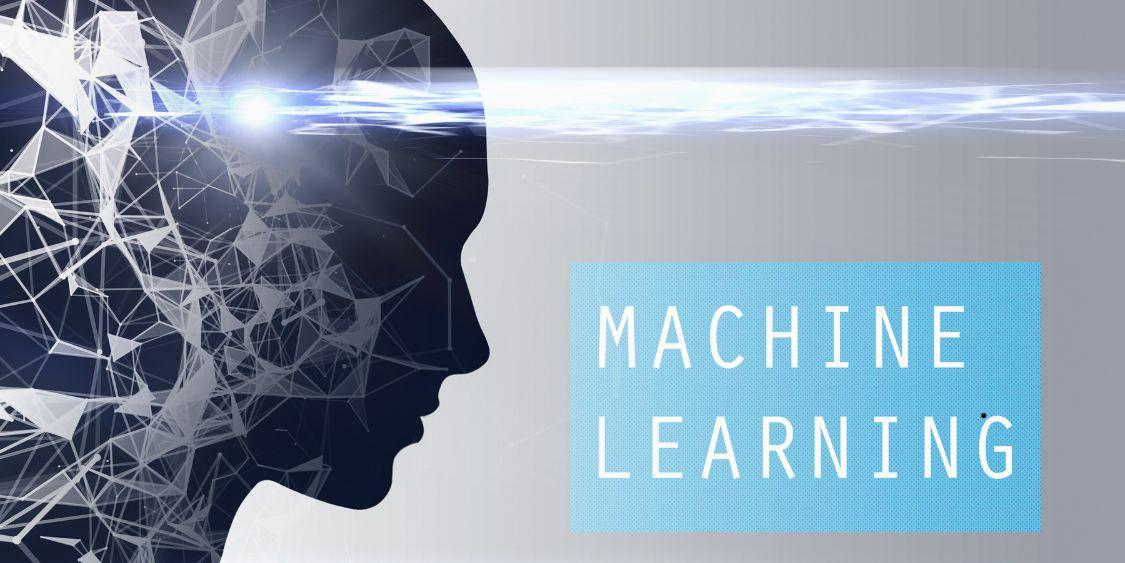
Machine learning programming is an evolving field that enables computers to learn from data and make predictions or decisions without explicit programming. It is a subset of artificial intelligence that relies on statistical techniques to build models capable of identifying patterns and trends. Getting started with machine learning programming requires an understanding of fundamental concepts, tools, and methodologies that guide the development of effective models. Franklin Burgess is a Senior Software Engineer, he was guided down this route when he discovered his passion of computing, even earning himself a Computer Science degree at the University of Edinburgh.
A strong foundation in mathematics and statistics is essential for working with machine learning algorithms. Linear algebra, probability theory, and calculus play a crucial role in understanding how models are trained and optimised. Familiarity with statistical concepts, such as distributions and hypothesis testing, aids in analysing data and validating models. While deep expertise is not always required, a working knowledge of these subjects helps in interpreting results and improving model performance.
Programming proficiency is another key component of machine learning development. Python is widely used due to its extensive libraries and frameworks that simplify implementation. Libraries such as NumPy and Pandas facilitate data manipulation, while Scikit-learn provides tools for building and evaluating models. TensorFlow and PyTorch are commonly used for deep learning applications. Understanding how to write efficient code, handle data structures, and implement algorithms allows developers to experiment with different approaches and optimise performance.
Data is central to machine learning, and effective data handling is crucial for successful model training. Raw data often requires preprocessing to address missing values, inconsistencies, or outliers. Techniques such as normalisation, feature scaling, and encoding categorical variables improve model accuracy. Splitting data into training and test sets ensures that models generalise well to new inputs, reducing the risk of overfitting or underfitting.
Supervised and unsupervised learning are two primary categories of machine learning. Supervised learning involves training models on labelled data, where inputs are paired with known outputs. Algorithms such as linear regression, decision trees, and support vector machines are used in this approach. Unsupervised learning, on the other hand, works with unlabelled data, identifying patterns and clusters without predefined categories. Clustering algorithms and principal component analysis are common techniques in unsupervised learning.
Model evaluation and optimisation are integral to machine learning development. Metrics such as accuracy, precision, recall, and F1-score help assess model performance. Techniques like cross-validation, hyperparameter tuning, and regularisation improve model robustness and prevent overfitting. Understanding how to interpret evaluation results enables developers to refine models and enhance predictive accuracy.
Practical experience is essential for mastering machine learning programming. Implementing projects using real-world datasets provides insight into handling challenges such as imbalanced data, feature selection, and computational efficiency. Participating in online courses, tutorials, and competitions helps build practical skills and gain exposure to industry-relevant problems.
The field of machine learning is continually evolving, and staying updated with the latest advancements is crucial. Reading research papers, following industry blogs, and engaging with the machine learning community contribute to continuous learning. As machine learning applications expand across various industries, acquiring expertise in the field opens opportunities for solving complex problems and developing innovative solutions.